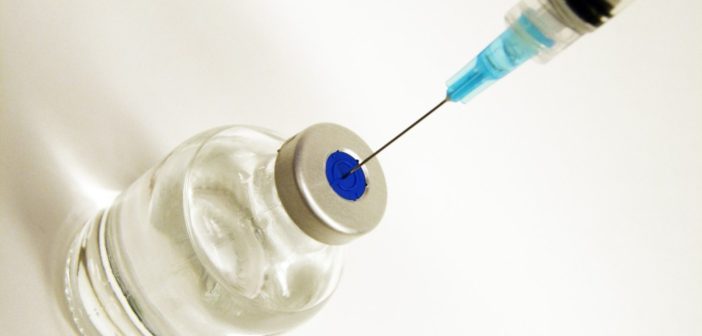Most people who pay attention to sports realize that some athletes use steroids to build muscle, but most people don’t know any more about them than that. Anabolic steroids actually have multiple medical applications, and they have been in use for far longer than most people realize.
They’re Older than You Think
People usually think that steroid use is a recent development in athletics, but people have been trying to get every possible advantage for decades. These steroids were first isolated in 1931, and scientists discovered a way to manufacture them only a few years later. Research into their use expanded at that point, and it did not take long for people to discover that they could help build muscle. The first reference to steroid use in bodybuilding comes from a magazine in 1938, and their use has expanded since then as their impact on the human body received more research.
They Treat Disease
Steroids are famous for their use among athletes, but most people who take them are using them to treat a disease. Historical doctors often used them to stimulate bone marrow and encourage growth in patients, but recent medical developments have reduced steroids to a secondary treatment option in these cases. Modern doctors use them to treat delayed puberty in boys and to deal with low testosterone in men of all ages.
Future Contraception
Recent research also suggests that anabolic steroids can be used as a form of contraception for men. The treatment relies on a specific steroid called testosterone enanthate, which offers several advantages over other chemical methods. It is already present in the body, so the risk of adverse reactions is minimal, and any access of the steroid can leave the body quickly. That makes it safe and easily reversible, which is why studies are current ongoing to make sure that it is a suitable contraceptive option.
The Side Effects Are Surprising
Anabolic steroids are similar to male sex hormones, so it often surprises people to learn that they can cause infertility, breast growth, and shrinking of the testes when taken over long periods of time by men. Women instead find that the steroids cause their voices to get deeper and can even lead to facial hair growth. In addition to those problems, both men and women who take them can suffer from high blood pressure, acne, kidney failure, and liver damage. They can even cause excessive heart growth that can lead to fatal heart failure. Teenagers who take steroids so they can look bigger and stronger are often disappointed to discover that they can stunt growth when taken by people who are fairly young.
They Aren’t Always Banned
Almost all sporting events ban steroids. Many of them only banned them in response to recent scandals, but the largest competitions have restricted their use for several decades. The International Olympic Committee banned them in 1975, and several nations followed suit over the course of the next two decades. Those nations include the United States, Canada, and the UK, but they’re in the minority. Many nations have declined to regulate their use outside of medical contexts, although athletes from those nations still need to avoid them in order to comply with rules for their leagues. People in those nations who don’t want to enter competitions can usually access steroids at their own discretion.
Most Users Aren’t Professional Athletes
Stereotypes say that the average person who takes steroids is either a professional athlete or somebody who wants to become one, but the truth is more mundane. Most of the people who find themselves taking steroids are young men who want to look muscular but have no interest in competitions, according to Crazymass. Most of them start in their teens, a time when they are at their most vulnerable to the side effects of steroid use.




